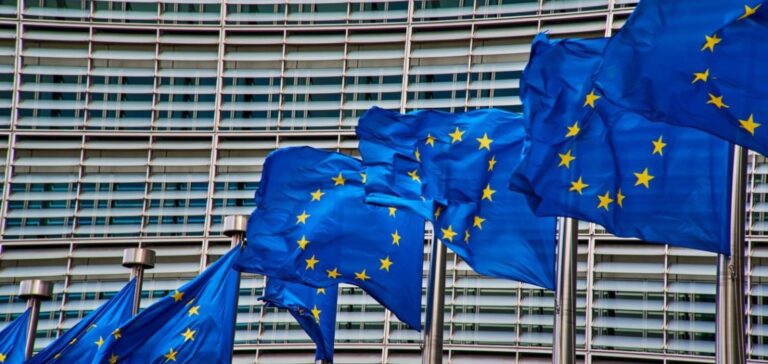European Union(EU) countries are on the verge of achieving a groundbreaking renewable energy goal, according to the latest bill. The plan aims to ensure that 42.5 percent of the region’s energy comes from renewable sources by 2030, a significant increase from the current goal of 32 percent.
45% target: EU encourages member states to increase their share of renewable energy
The proposed law underscores the EU’s commitment to combating climate change and enhancing energy security, while simultaneously promoting the growth of a strong green industry across Europe, thereby reducing dependence on energy imports from countries such as Russia.
The final version of the law, already approved by a political agreement between the EU and the European Parliament in March, is now awaiting formal approval from EU countries and the European Parliament. Usually, this step is a mere formality, with no changes made to the agreement reached. Once ratified, this legislation will be a binding commitment for Member States to strive to meet the new renewable energy targets. In addition, the law encourages countries to aim even higher, urging member states to target a 45% share of renewable energy.
The proposed legislation also extends to the transportation and industrial sectors, recognizing their significant contribution to greenhouse gas emissions. In the transport sector, member states would be required to achieve at least 29% renewable energy use or reduce the greenhouse gas emission intensity of their transport activities by at least 13%. For industries, EU states will have to increase their use of renewable energy by 1.6% each year. By 2030, a significant 42% of the hydrogen used in industrial processes will have to come from renewable sources, with a further increase to 60% by 2035.
Reduce fossil fuels: the law encourages the transition to renewable hydrogen.
Negotiations on the legislation have been fraught with tension, particularly over France’s efforts to include hydrogen produced by nuclear power. However, the final version of the law addresses this issue by allowing countries to reduce their renewable fuel targets for industry by 20% if less than 23% of their hydrogen comes from fossil fuels in 2030. This provision provides an incentive for countries using nuclear power to phase out fossil fuels from their energy mix, thereby strengthening their transition to renewable energy.
The new renewable energy target marks a remarkable step forward for the European Union (EU) and its member states. As the legislation awaits formal approval, anticipation grows for a greener, more prosperous future in Europe, driven by renewable energy and an unwavering determination to achieve a cleaner planet for future generations.





















